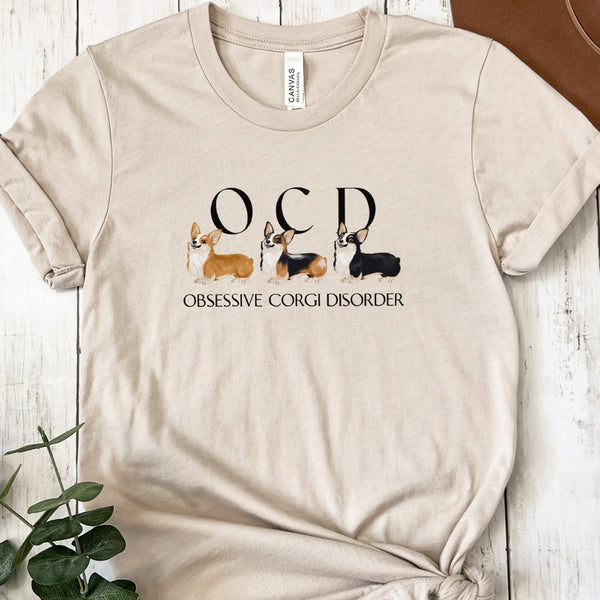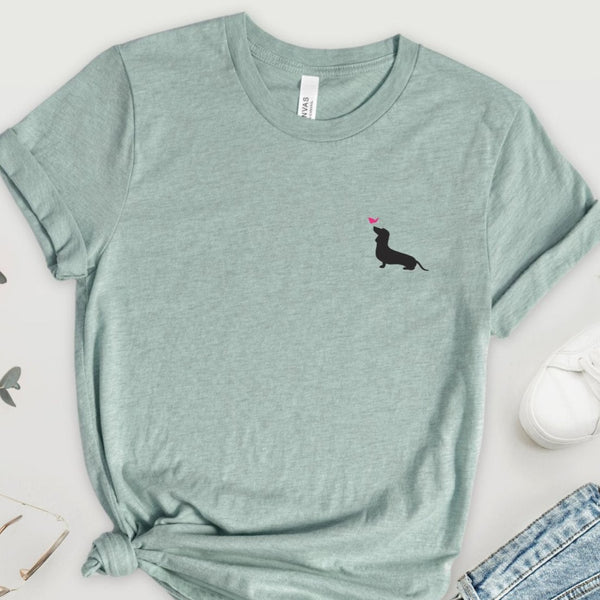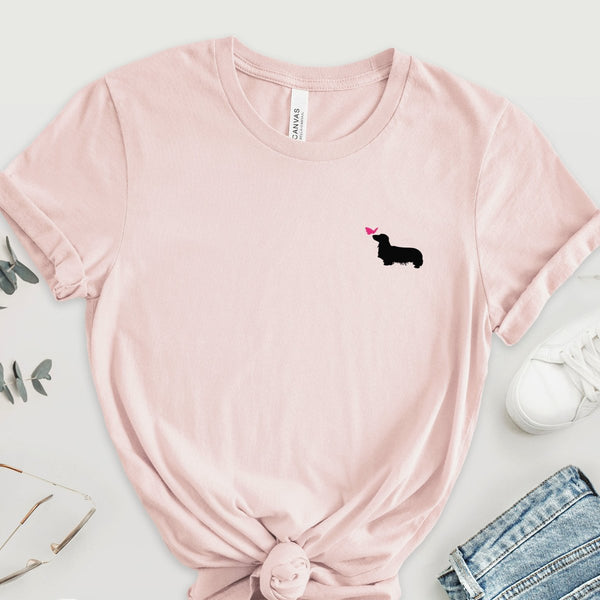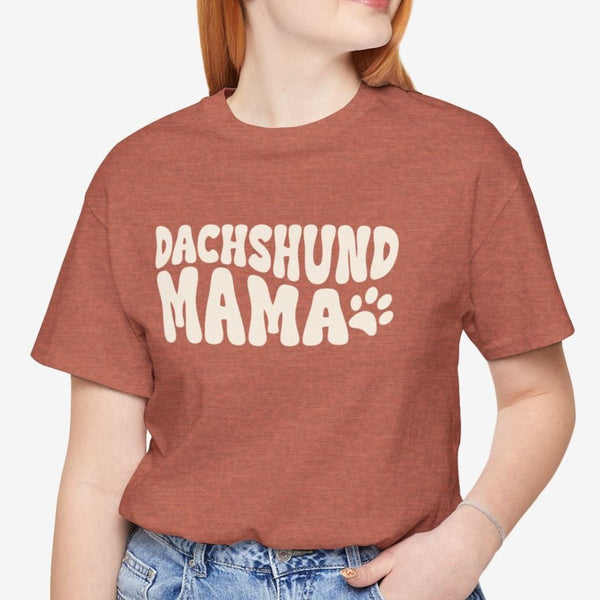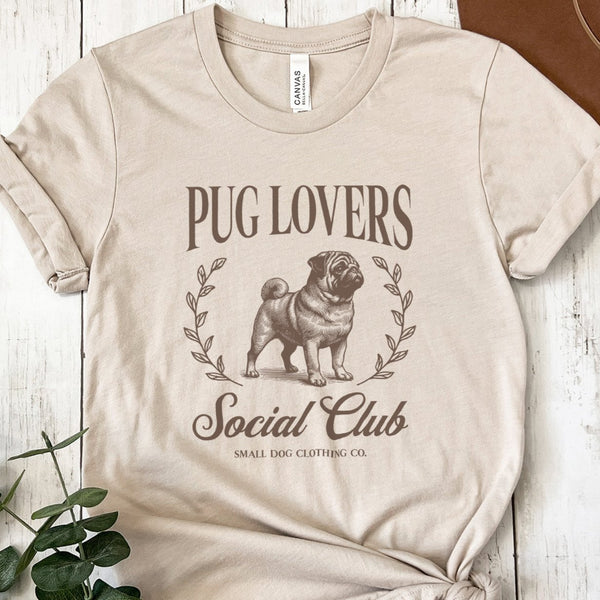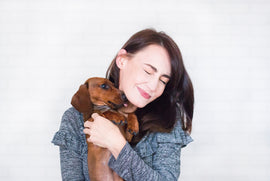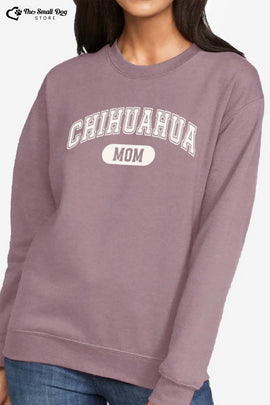Understanding the Behavior of Bichon Frise Dogs
Posted by ROBERTO BURALLI
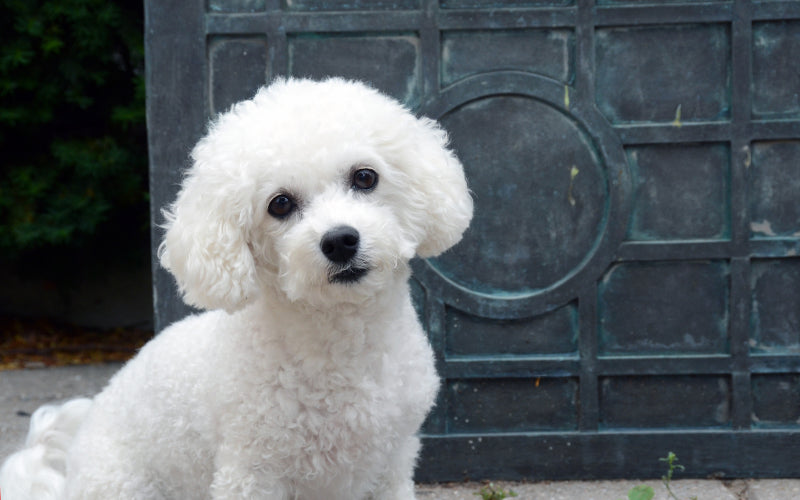
The Bichon Frise is a delightful and versatile companion, renowned for its playful yet gentle nature.
In this article, we'll explore the behavior, temperament, and personality of these charming dogs, as well as provide insights on training, socialization, and managing potential separation anxiety.

Are Bichon Frises Well-Behaved?
Bichon Frises are generally well-behaved dogs when properly trained and socialized. They respond well to positive reinforcement-based training methods and are quick learners. However, they can be challenging to housebreak and may exhibit separation anxiety if left alone for extended periods, leading to destructive behavior. Additionally, they can be prone to excessive barking if not properly trained.
The Bichon Frise's Temperament and Personality
Cheerful and Affectionate Bichon Frises are known for their cheerful and affectionate disposition. They are incredibly social and thrive on human companionship, often referred to as "people pleasers" due to their love for being the center of attention.
Excellent with Other Pets and Children
This breed is known to get along well with other pets, making them an ideal choice for multi-pet households. They are also great with children, thanks to their gentle and patient nature.
Intelligent and Trainable
Bichon Frises are intelligent dogs that quickly grasp commands and tricks. Their eagerness to please their owners makes training a relatively easy and enjoyable experience.
Tips for Training Success
- Use positive reinforcement methods, such as treats and praise
- Keep training sessions short and engaging to maintain their interest
The Importance of Socialization
Early socialization is essential for Bichon Frises to ensure they grow up to be well-rounded and confident dogs. Expose them to various people, environments, and other animals to help them develop proper social skills and reduce the likelihood of shyness or fearfulness in adulthood.
Playfulness and Family Life
Bichon Frises are playful dogs that love interactive play with their owners. They make fantastic family pets, especially for families with children. However, always supervise interactions between young children and dogs to ensure a positive and safe experience for everyone.
Prone to Separation Anxiety
Bichon Frises form strong bonds with their human family members, which can sometimes lead to separation anxiety when left alone for extended periods. To prevent this, gradually accustom your Bichon to alone time from a young age and provide them with interactive toys and comforting items while you're away.
How Bichon Frises Show Affection
Bichon Frises exhibit affection in various ways. Here are some common methods they use to show love:
Bichon Frises exhibit affection in various ways:
- Licking: Excessive licking of owners, themselves, and random items
- Physical Contact: Nuzzling, snuggling, and leaning against owners
- Playfulness: Engaging in activities with family members to bond and show affection
- Following Owners: Following owners around the house, demonstrating strong attachment
- Whining or Whimpering: Whining or whimpering to initiate interaction and show love
- Cuddling: Curling up in the owner's lap or next to them to show affection
- Gazing: Gazing at owners with big, loving eyes, indicating affection and attachment

Related Post: Does the Bichon Frise shed a lot?

Conclusion
Bichon Frises are affectionate, playful, and intelligent companions that make excellent family pets. By understanding their behavior, providing proper training and socialization, and managing potential separation anxiety, owners can ensure a happy and harmonious life with their Bichon Frise.
SHARE:





